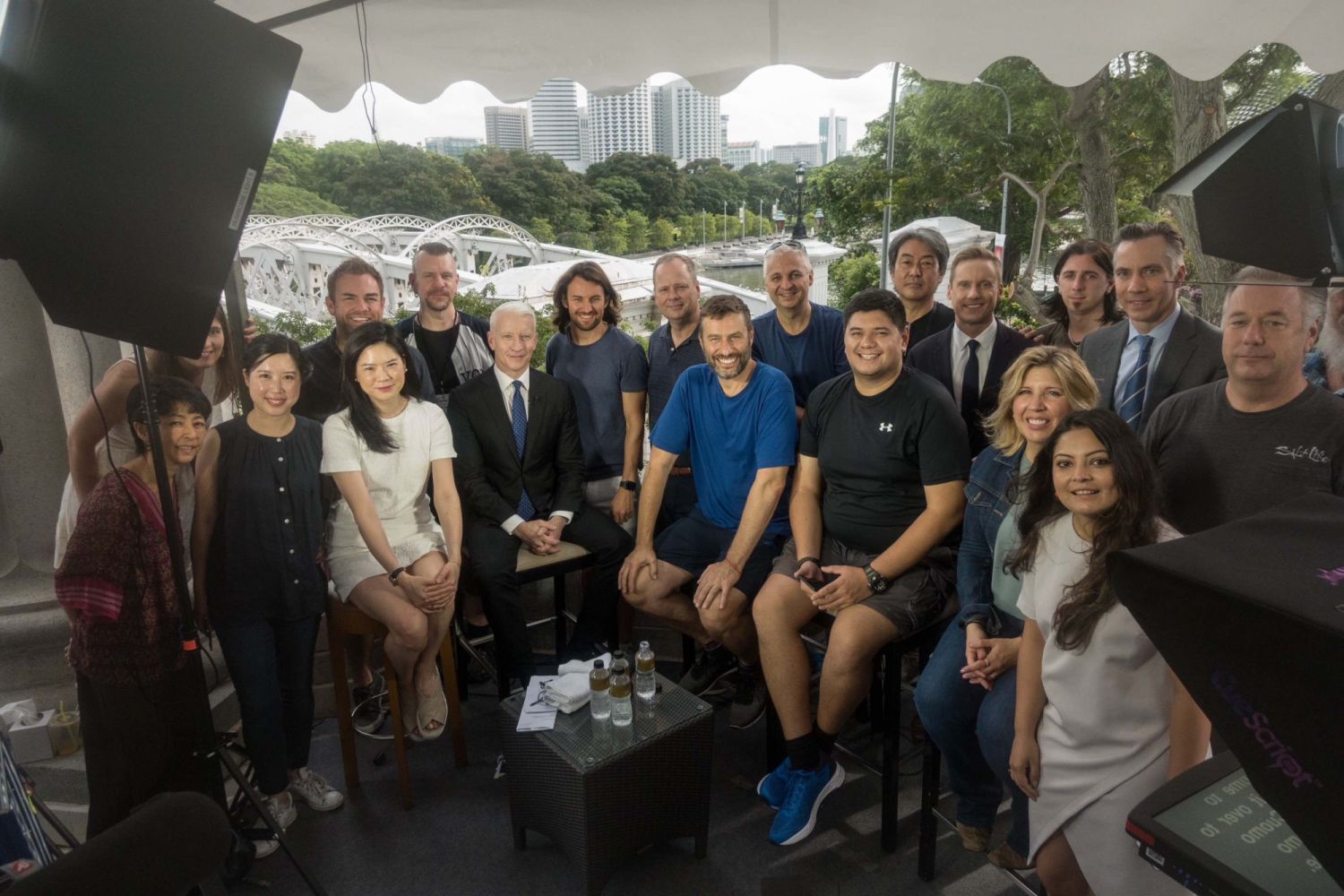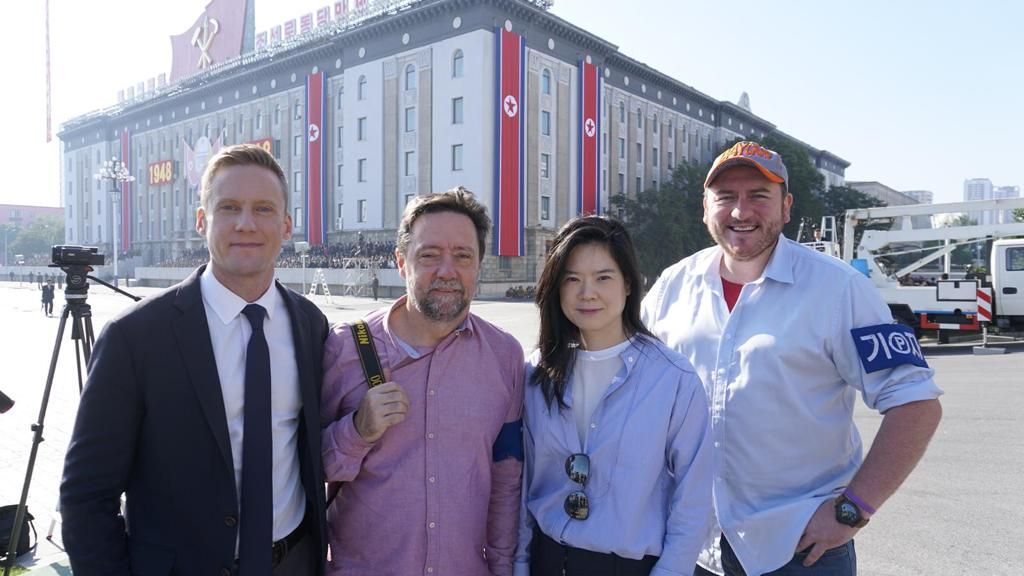CNN's senior VP and managing editor for Asia Pacific shares how always being the underdog helped her to come out on top and why representation matters
Ellana Lee was in London for meetings in early 2020 when Covid-19 hit. Walking down Oxford Street, she was startled to find the crowds parting before her. “It was like the Red Sea; people wouldn’t even come near me,” says Lee. “That was my first experience in understanding that this [the pandemic] was going to be bigger than a virus story; this was going to trickle down to racism and how people are perceived.”
It was a pivotal moment for the Korean American that reinforced her conviction that a diverse newsroom is important—employing people who can bring their varied life experiences to bear, contextualise news and identify underreported angles.
As a founding member of CNN’s International Diversity Council, Lee has been making a concerted effort to reassess hiring, diversify storytelling and address any internal grievances. “I feel a lot more comfortable today when I look around the editorial table than I was maybe ten years ago,” says Lee, referring to the representation at her daily 8.45am meetings. “We are trying to consistently make sure that our [programmes] represent the world we represent, but you can’t just put anyone on air; people need to come with really formidable talent.”

Lee, a CNN veteran of 25 years, knows first-hand how much the media industry has already progressed. After an internship, she started as an associate producer in 1997—on the same day she graduated with a master’s degree in broadcast journalism from New York University. In 2001, she took a sabbatical to visit her parents in South Korea and, to be closer to them, her boss recommended Lee join the newly created Hong Kong bureau.
“Every time I was thinking of moving [from CNN], there were new challenges that were thrown at me, which I really appreciated,” says Lee, who felt energised to be in Asia, where developments were happening rapidly and she could bring a valuable perspective. “One of the reasons why I’m successful is I think like a westerner, but I feel like an Asian, and I was able to explain the dynamics of what was happening in Asia to my producers in the US.”
Still, it wasn’t easy establishing herself as a 30-something female Asian managing editor in Asia Pacific. Lee needed to act as an ambassador and meet government and company officials; she would have a meeting with a man seated opposite her, yet find him directing his gaze to a junior male colleague at her side. “Then when it came to translating, he would look at me, and it happened so often that, in the beginning, I was emotionally hit hard by it,” says Lee. It prompted her to reflect on how best to portray herself.



